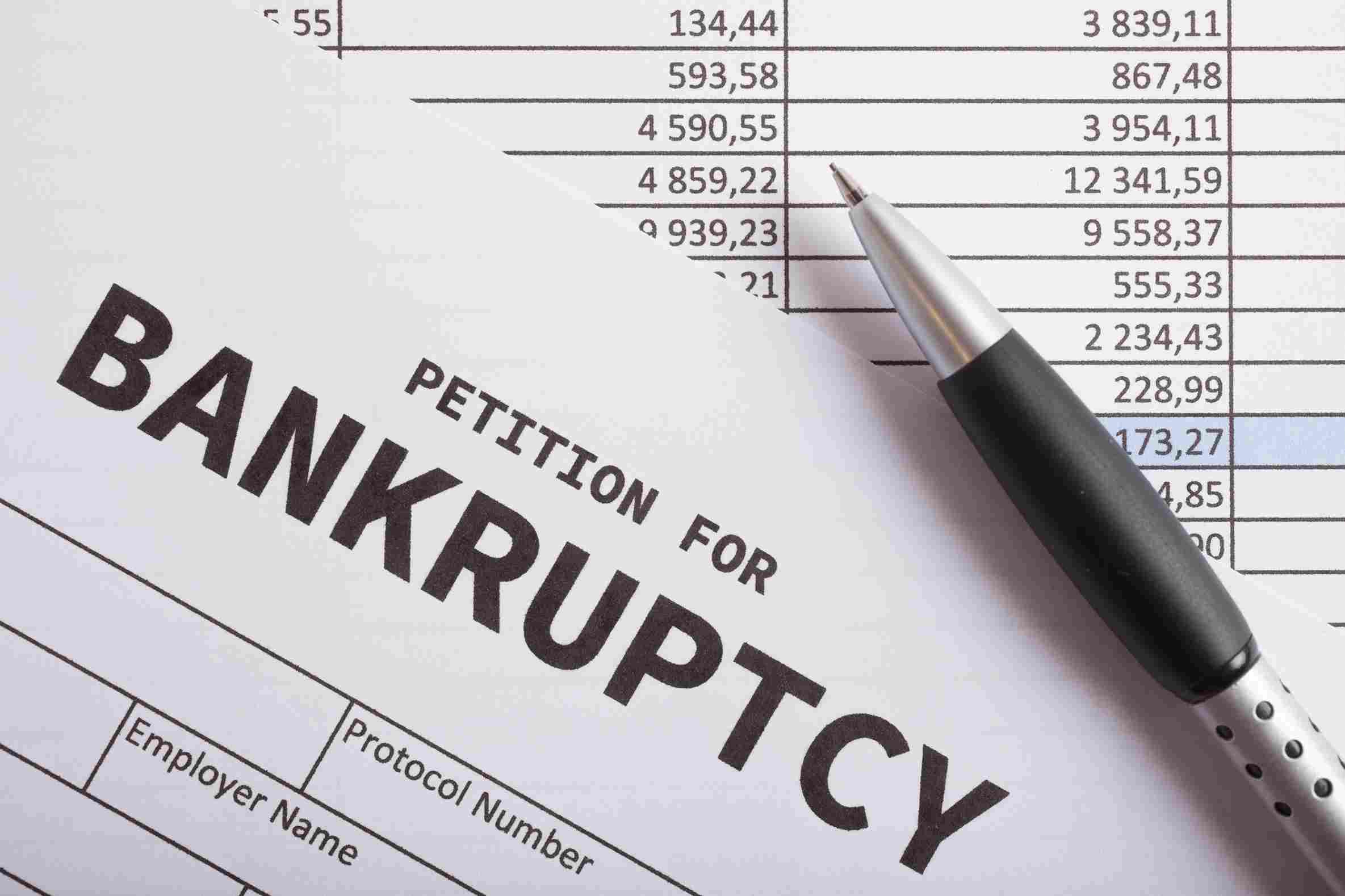
Believe it or not, lost inheritances are common in the United States.
According to the National Association of Unclaimed Property Administrators (NAUPA), there are billions of dollars in unclaimed property held by state governments and treasuries.
If you’re dealing with the estate of someone who recently passed away, you should know how to access the assets they left out of reach—from uncashed checks to the contents of safe deposit boxes.
Knowing how to search for unclaimed money and property is also crucial for people seeking to reclaim their lost family history. Unfortunately, many inheritances were lost due to discriminatory laws that favoured generational inequality.
In the end, reclaiming a lost inheritance is a way to connect with one’s heritage and possibly gain rightful access to financial resources.
In this article, we’ll uncover the steps for finding and claiming inheritances. We’ll also highlight the importance of estate planning to ensure a smooth transition of wealth.
How to find out if you have an inheritance
Typically, people learn about inheritances through the instructions left behind in a deceased person’s Last Will and Testament.
The person who wrote the Will, known as the testator, may let their beneficiaries know about this document well before their death. But this isn’t always the case.
When the testator creates their Last Will and Testament, they appoint an executor to carry out their instructions and close their estate. So, at the very least, the executor will know who stands to inherit assets from the deceased—and it’s their job to contact the beneficiaries and administer the Will.
When someone dies without a Will
When someone dies without a Last Will (i.e., they die intestate), the government in the state where the deceased person lived administers their estate. In this case, the state appoints an administrator to oversee the division of assets. Certain family members may apply for this role, or the court may appoint a government agent. In any case, the administrator will contact anyone with a right to inherit from the deceased’s estate.
States have a pre-determined formula for inheritance rights. Typically, the priority for inheritance starts with a person’s spouse, then their children, and finally their next closest relatives. After clearing debts and settling the deceased’s final tax return, the administrator distributes the inheritance to the beneficiaries.
So, if you have a relative who died without a Last Will, check your state’s laws to see if you’re entitled to an inheritance. Claiming it could be as simple as identifying yourself as a rightful heir to the proper authorities.
When the beneficiaries are unreachable
Although it’s uncommon, it’s possible that a beneficiary can’t be contacted.
Generally, the executor or administrator (i.e., personal representative) of the deceased must make every effort to contact a beneficiary, and they must prove to the court that they did so. If beneficiaries are unreachable (or they don’t accept the inheritance), the remainder of the estate typically becomes state property.
States have different rules for reclaiming this property, but there is typically no statute of limitations for filing an application regarding an unclaimed inheritance. In other words, an estate may remain unclaimed for many years before a beneficiary even becomes aware of it.
If you believe you missed the communication about an inheritance you’re owed, contact a lawyer to learn the process for reclaiming these assets in your state.
How to challenge a Last Will and Testament
In most cases, the courts will respect the instructions of a valid Will— even if that means the testator disinherited a close relative.
If you believe you’ve been unjustly left out of a Last Will and Testament, you can only make a legal challenge in certain situations.
Each state has legislation that governs how and when someone can contest a Will. Generally, it’s possible to contest a Will if you have grounds to believe:
- The testator lacked mental capacity
- The Will is not legally valid
- The Will is fraudulent
In any of these situations, the burden of proof will be on you. That means you’ll have to spend time and money in court proving that the Will doesn’t meet legal requirements.
You’ll need to refer to your state’s law regarding estates and probate to get through this process. Again, it’s best to consult a lawyer to see if this is worth the effort or if there’s another, more affordable option for achieving your goals.
What can cause you to lose your inheritance?
Ultimately, it’s up to the testator to decide who inherits their wealth when they pass away (although state laws typically protect spouses and minor children from being disinherited).
For example, a testator might choose to pass their assets to someone they believe is more deserving if:
- You have a poor relationship with the testator
- They believe you’re financially stable without an inheritance
It’s also possible for creditors to garnish a portion of the testator’s estate before you receive your inheritance. Executors and administrators must clear the testator’s debts before distributing the remainder of the estate. If the testator died with a significant debt, this could have a big impact on the size of your inheritance.
Finally, there’s a chance someone else might contest the Will and, if successful, claim a portion of the deceased’s estate.
When assets get left out of estate distribution
If the deceased wrote a Will, it’s possible an asset may get left out due to an error or because the testator didn’t keep records of owning the asset.
Even so, their executor will need to perform due diligence when creating an inventory of the testator’s assets. While the instructions in a Will make this task easier, the executor should be able to make a list of all the money and property the testator left behind.
If the deceased didn’t have a Last Will before passing away, (i.e., they died intestate) their estate administrator will need to locate all of their assets. This isn’t always an easy job—especially if the deceased person moved around often, changed their name, or didn’t keep accurate records of their assets.
If the deceased’s personal representative is not made aware of an asset, it’s likely that it will get left out of the estate. If the asset goes unclaimed for a certain length of time, it eventually becomes state property. The time period for claiming such an asset will vary depending on where it’s being held (e.g., inactive bank accounts, unclaimed property in a storage container, etc.).
How do I search for unclaimed money or property?
If you think you might have an inheritance waiting to be claimed, it’s time to put on your detective hat to find it!
The US Government recommends first checking your state, which you can do using the National Association of Unclaimed Property Administrators (NAUPA).
There isn’t just one service to use, so use your judgment when contacting an agency that specializes in unclaimed inheritances. If you’re searching online, the best websites and services are ones that are approved by NAUPA.
Most importantly, be careful of scams. There are plenty of online scams out there that aim to steal identities or charge fake fees. With that in mind, other helpful websites for searching for unclaimed money include:
When conducting your search, remember to:
- Search all of the states where the person lived or worked
- Consider any name changes the person may have had
- Include their company name, if they owned a business
Steps to follow when claiming assets
Once you’ve located a lost asset, you’ll need to prove your right to ownership. To do this, simply follow your state’s instructions for filing a claim. Generally, this includes providing identification and evidence of your relationship to the owner of the unclaimed property.
The importance of estate planning
People are often uncomfortable when talking about a Last Will or other estate planning documents because it reminds them of their mortality. But it’s important to remember that having an estate plan in place as soon as possible helps guarantee your wishes are respected once you pass away.
Life is uncertain—accidents, emergencies, and environmental events can happen at any time. Be prepared for anything with a solid estate plan that includes essential documents and instructions (that honestly aren’t that hard to create yourself).
On top of that, it’s crucial to have conversations with your loved ones and personal representatives about your estate plan. This way, no one will be left guessing or fighting over your assets once you’re gone.
Want to know more about estate documents and probate processes in your state? Explore LawDepot’s library of templates and free legal information to save time and money spent on lawyers.







